Policy barriers
According to experts and businesses at the discussion session "Green industrial parks, optimal infrastructure model for sustainable industrial growth" (Green industry forum 2025 on July 9 in Hanoi ), in the context of Vietnam aiming for two major goals - becoming a high-income country by 2045 and achieving Net Zero by 2050 - green industry is considered a prerequisite.
However, this transition path is facing many challenges, from policy complexity to greenwashing and high compliance costs.
Dr. Nguyen The Hung - Deputy Director of the Academy of Policy and Development said that although legal frameworks such as Decree 35 and Circular 05 have been issued to guide the development of ecological industrial parks, businesses still face many difficulties.
Through actual surveys in eco-industrial parks, it is shown that the awareness of green transformation of enterprises, whether domestic or foreign capital, is very high. They are concerned about how to balance profits and environmental protection. However, the biggest bottleneck lies in policy.
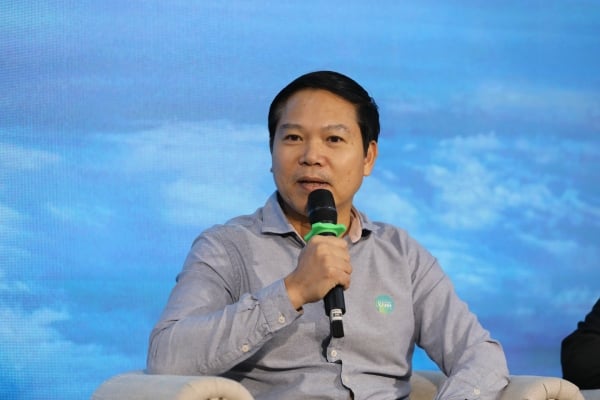
"The criteria to be recognized as an ecological industrial park have not yet met 100%, mostly at 60-70%. When asked, businesses all want simplicity and transparency," Mr. Hung emphasized.
Experts give an example of Nam Cau Kien Industrial Park ( Hai Phong ), where a business must have a department of 5 lawyers just to research Vietnam's legal policies. Similarly, Deep C Industrial Park also needs 3-5 lawyers for this job.
Also related to policy barriers, Mr. Hung said that to date, no industrial park has been officially granted an "eco-industrial park" certificate because no unit dares to sign the confirmation. Regulations on clean energy are also inadequate, for example, businesses are not allowed to sell excess solar power to neighboring factories, reducing investment efficiency.
From an insider's perspective, Mr. Do Quang Hung - First Deputy General Director of the Japanese Industrial Park - Hai Phong, who has experience at Deep C, warned about the situation of "greenwashing".
"In fact, I know that many businesses and industrial parks are 'greenwashing'. They advertise themselves as ecological industrial parks but in reality they are just painted on the outside," said Mr. Hung.
In addition, the cost burden creates a major barrier for businesses when building ecological industrial parks. For example, regulations require 25% green space, while previously it was only 10%. With land prices increasing from 75 USD/m² to 220 USD/m², increasing 15% green space causes investors to lose thousands of billions of VND.
The way out from technology
Mr. Pham Tuan - co-founder of VERT ZERO solution (technology solution) VertZéro, FPT IS, FPT Corporation pointed out an alarming reality: the capacity and awareness of green transformation of Vietnamese enterprises is still very limited.
"In Vietnam, there are probably less than 10 businesses that have accurate greenhouse gas measurement certification, and I have not met more than 20 people holding the position of Director of Sustainable Development," Mr. Tuan shared.
To solve this problem, FPT has developed software to help businesses automate the greenhouse gas inventory process. Accordingly, just by entering electricity and water parameters, AI can automatically generate reports according to Decree 06 or GRI standards, helping businesses save time and resources," Mr. Tuan shared.
AI not only helps in measurement but can also optimize operations. FPT uses AI cameras to detect product defects, minimizing damaged goods and labor costs. Businesses also use AI to forecast demand and place accurate orders, as in the case of Long Chau Pharmacy. This reduces transportation costs, avoids waste due to expired drugs, and ensures enough goods to serve customers. AI also helps automatically adjust lighting and air conditioning systems based on weather forecasts and usage habits to save energy.
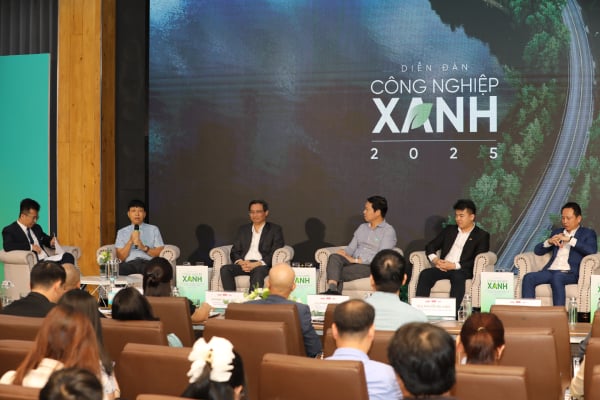
"The green math here goes hand in hand with growth, because it helps reduce costs and increase efficiency. AI has huge potential to reduce labor and electricity costs while still creating higher efficiency," Mr. Tuan concluded.
From a technical perspective, Mr. Dennis Martin - Artelia Project Director, French Chamber of Commerce and Industry in Vietnam emphasized the role of design and architecture in forming a green industrial park. Smart design principles, from choosing the direction of the building to take advantage of natural light and wind to installing solar power systems, smart air conditioning, and water reuse, all play a key role.
Mr. Dennis Martin also proposed the idea of building a startup ecosystem, where large corporations and industrial park investors can pose problems, thereby stimulating startups to come up with innovative technological solutions, helping the green transition process take place faster.
Opinions at the forum shared the view that the green transformation of industrial parks in Vietnam has both opportunities and challenges. In order for the green transformation journey to not stop at the superficial "green paint", it is necessary to have a transparent and easy-to-comply policy framework along with proactive application of technology to optimize costs and efficiency, turning challenges into sustainable growth drivers.
Source: https://doanhnghiepvn.vn/cong-nghe/chu-dong-ung-dung-cong-nghe-de-xanh-hoa-khu-cong-nghiep/20250710100405450


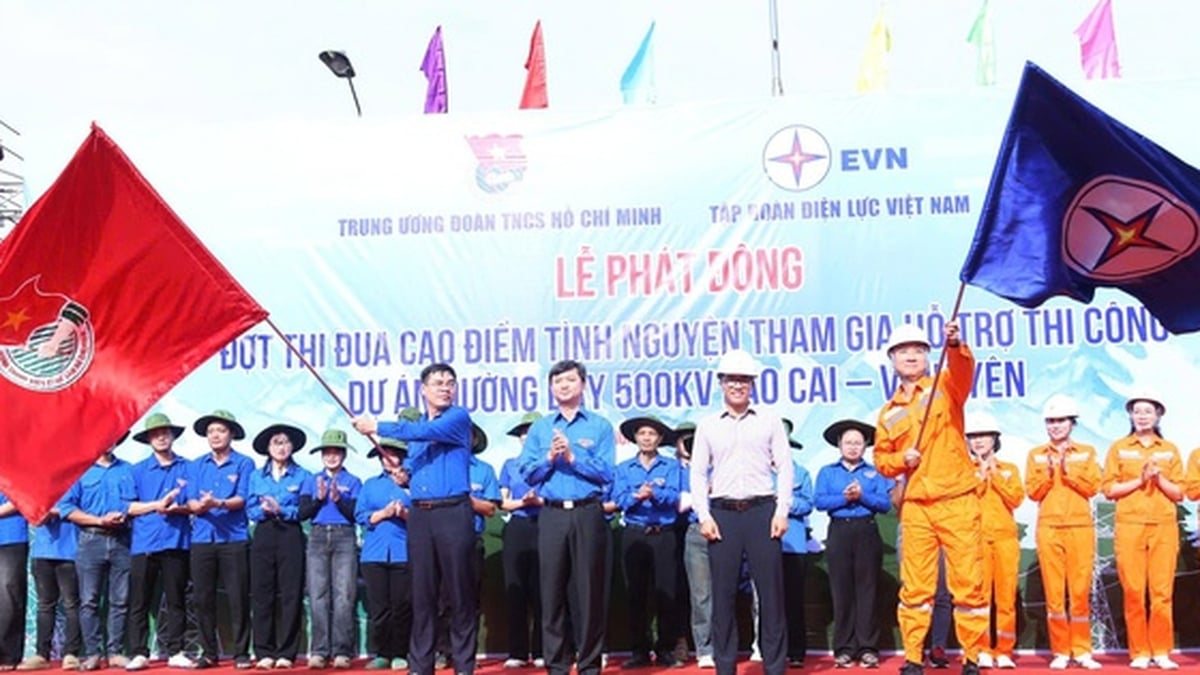
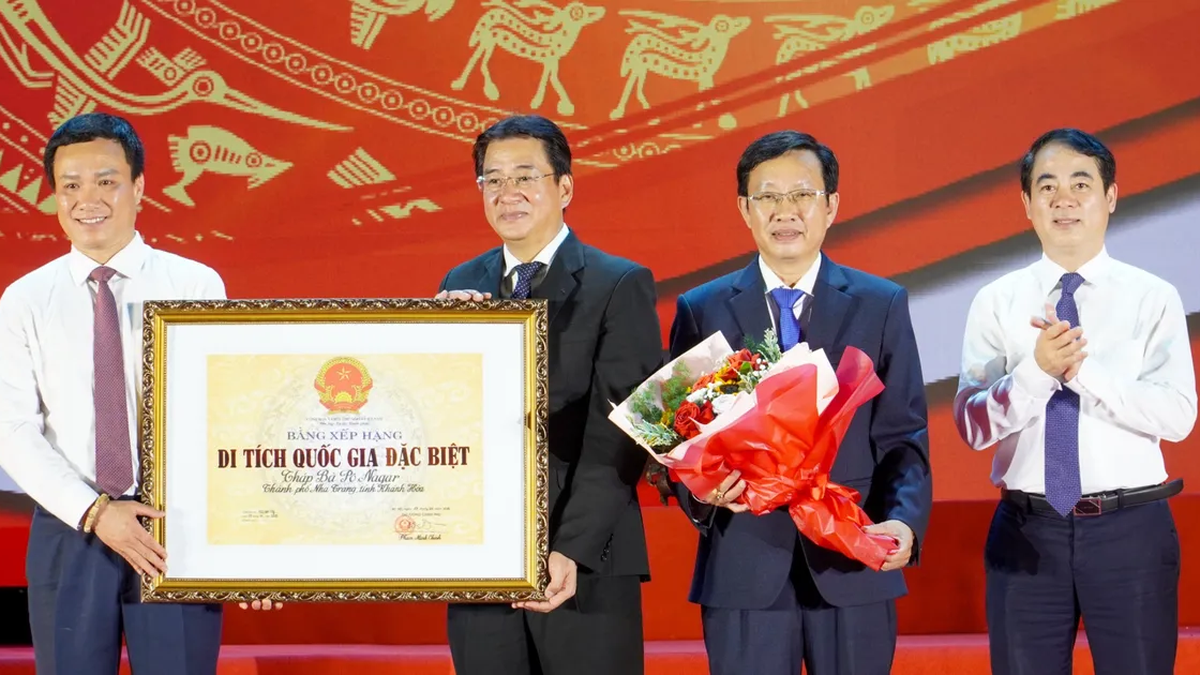
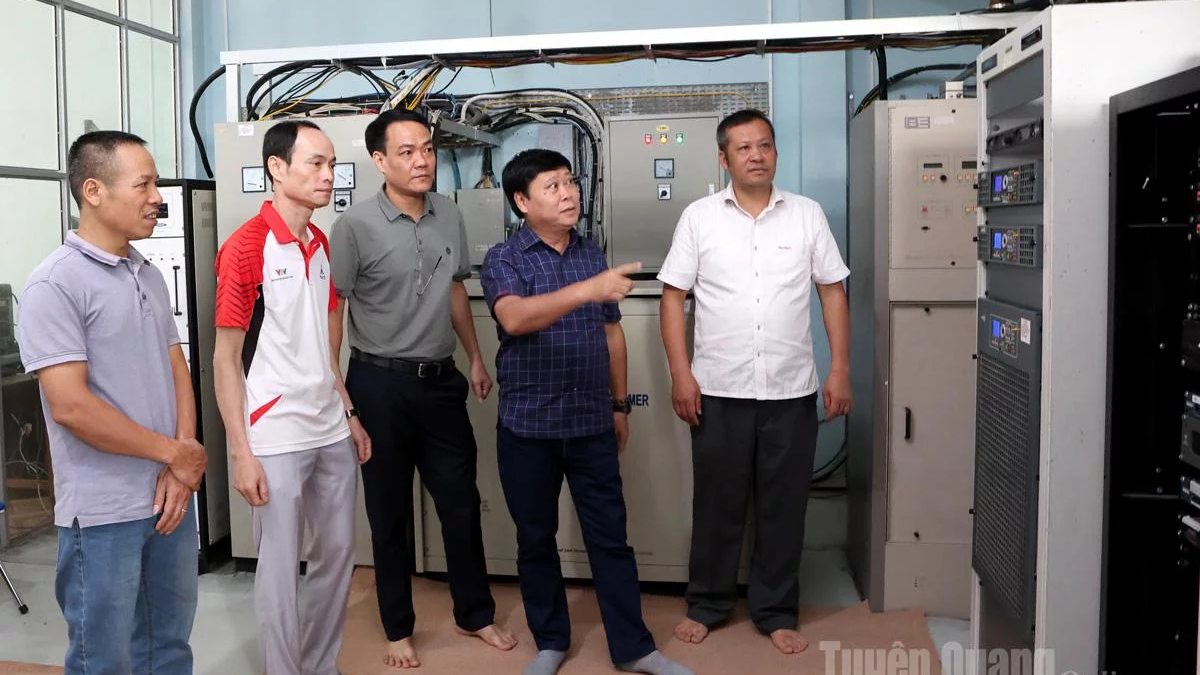


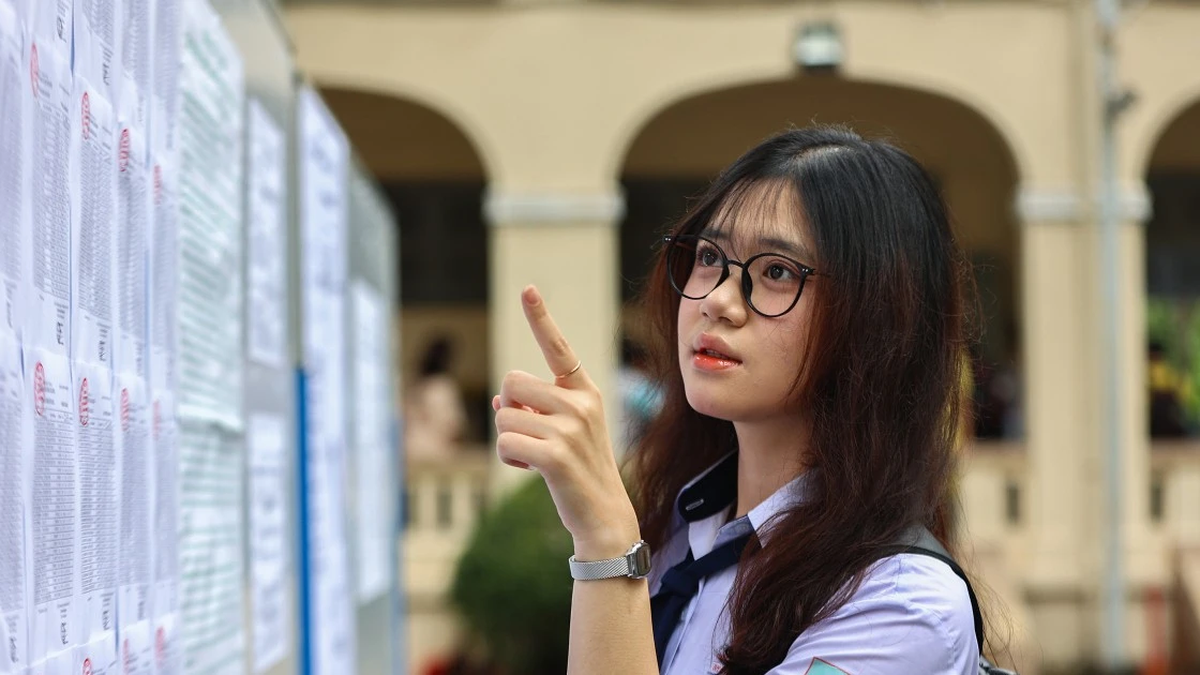


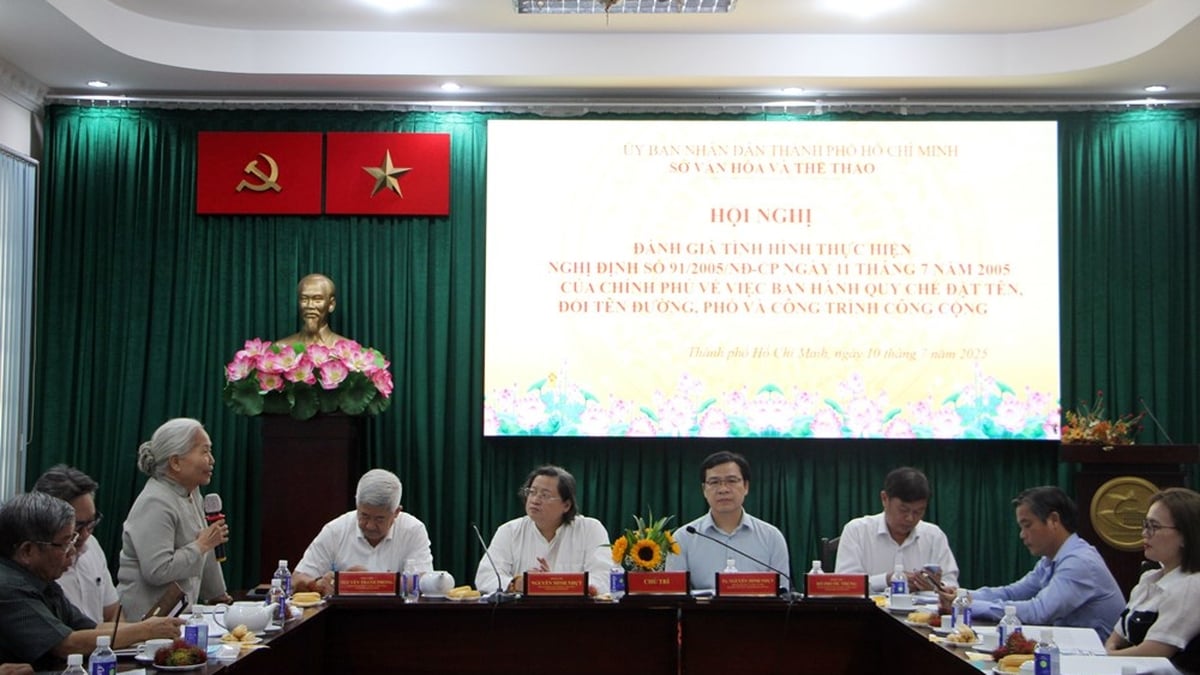
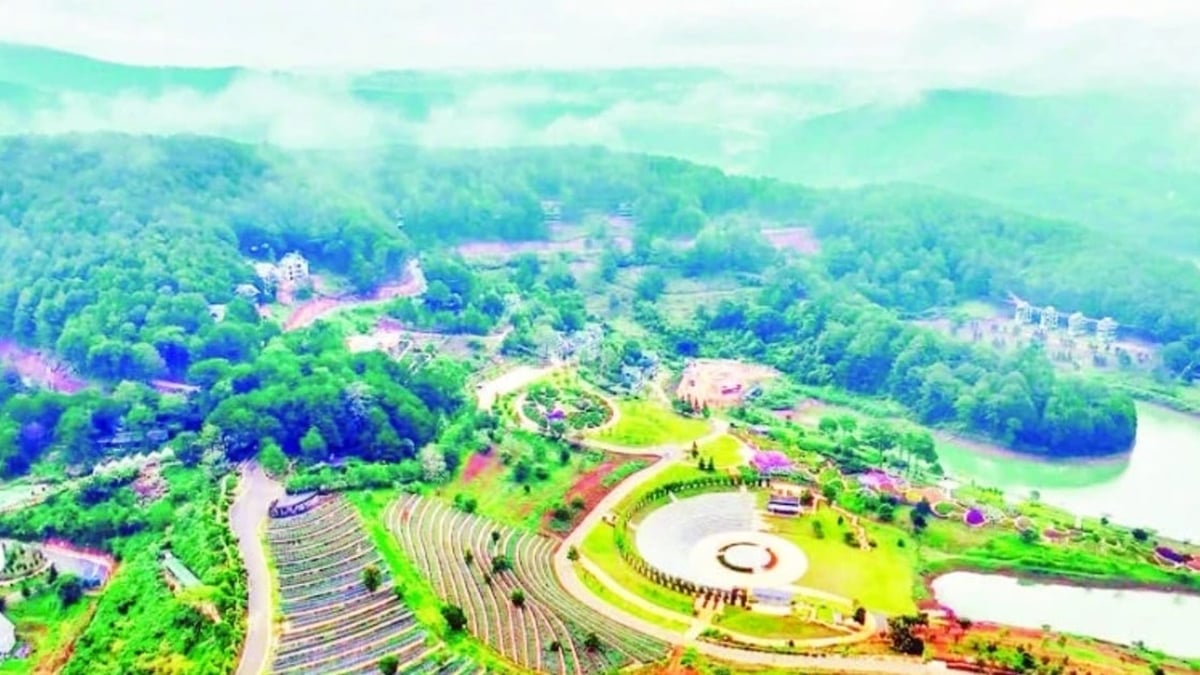


















![[Photo] Gia Lai provincial leaders offer flowers at Uncle Ho's Monument with the ethnic groups of the Central Highlands](https://vphoto.vietnam.vn/thumb/1200x675/vietnam/resource/IMAGE/2025/7/9/196438801da24b3cb6158d0501984818)

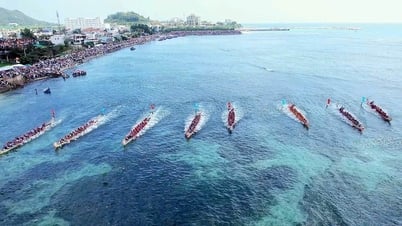





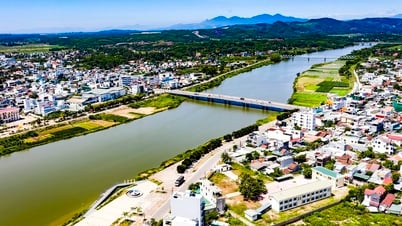

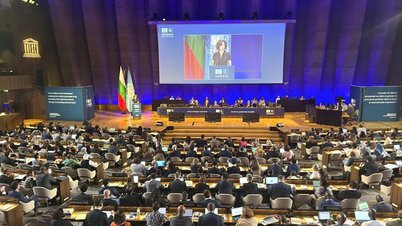
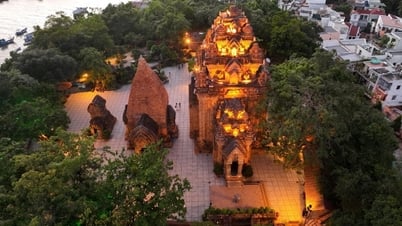


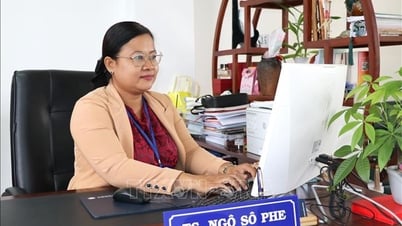










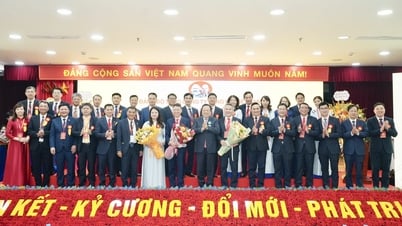

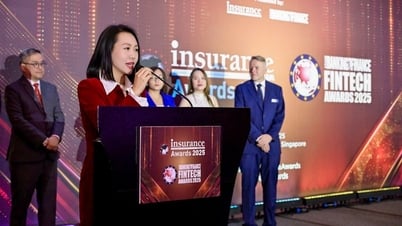


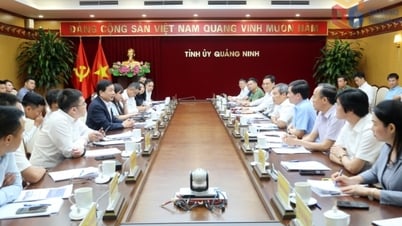

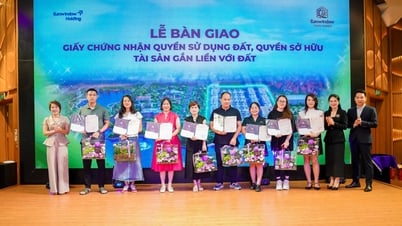

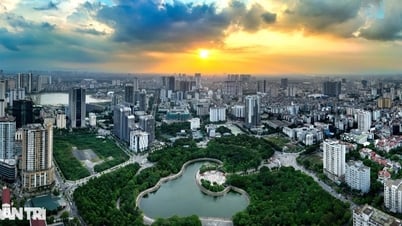
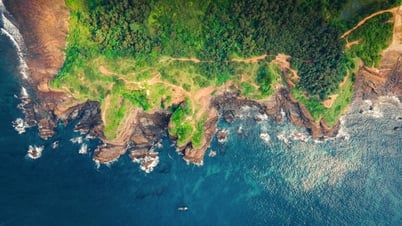

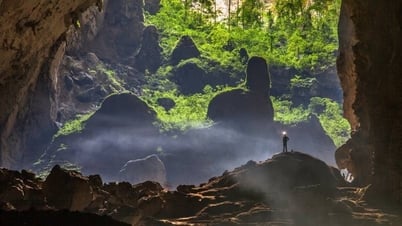

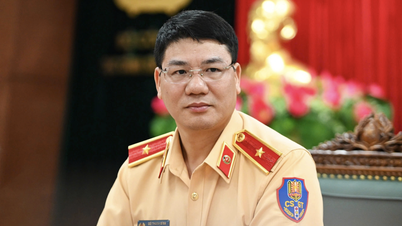
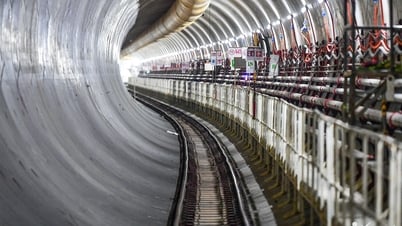
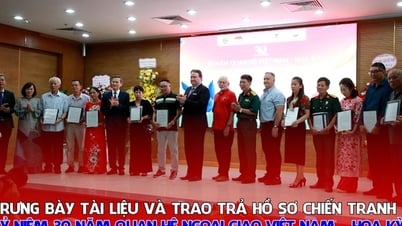

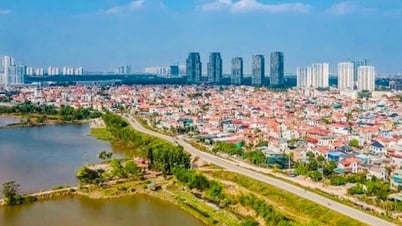
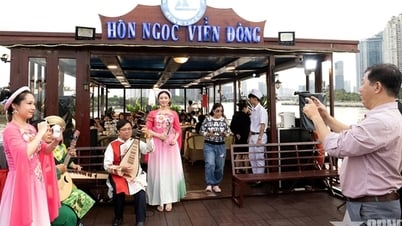
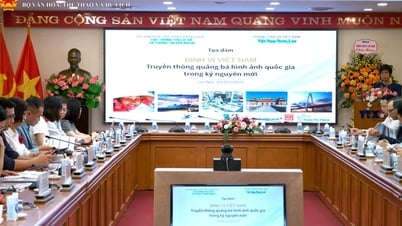

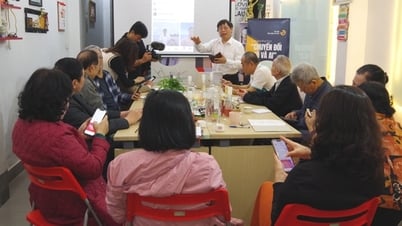


















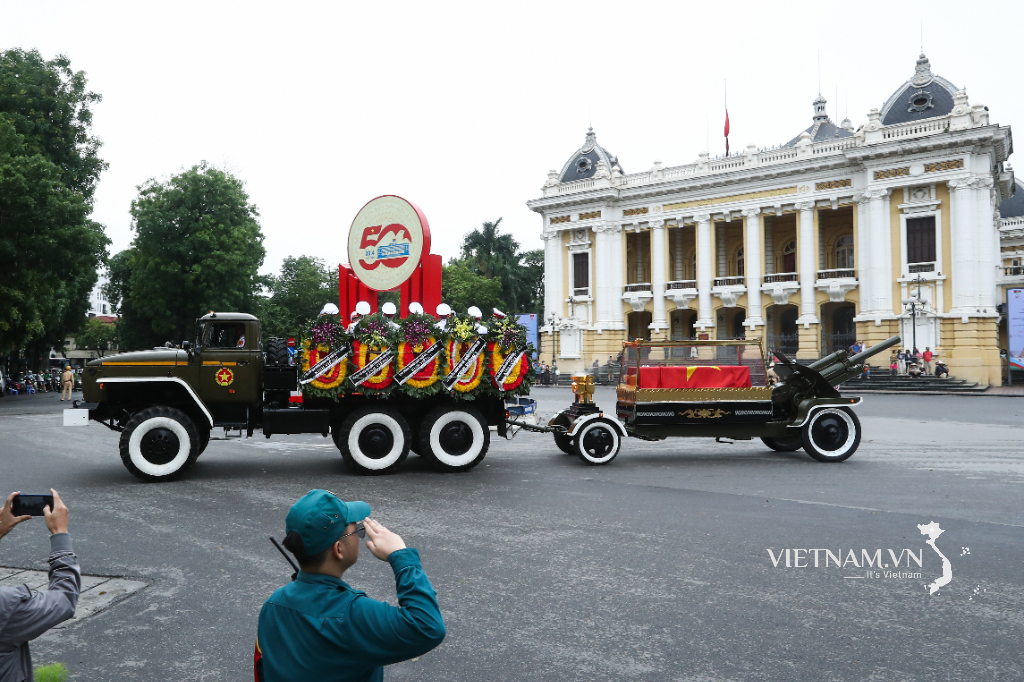
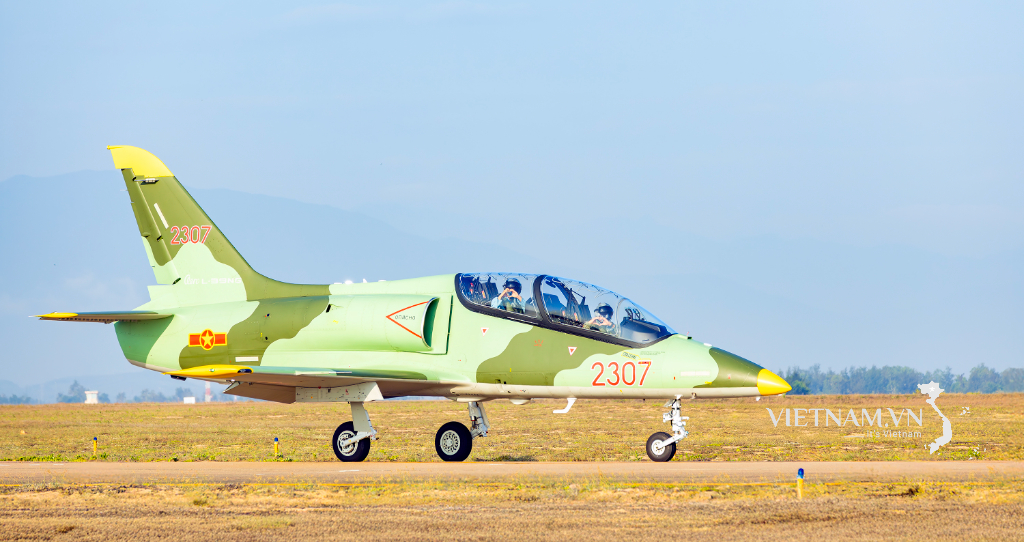
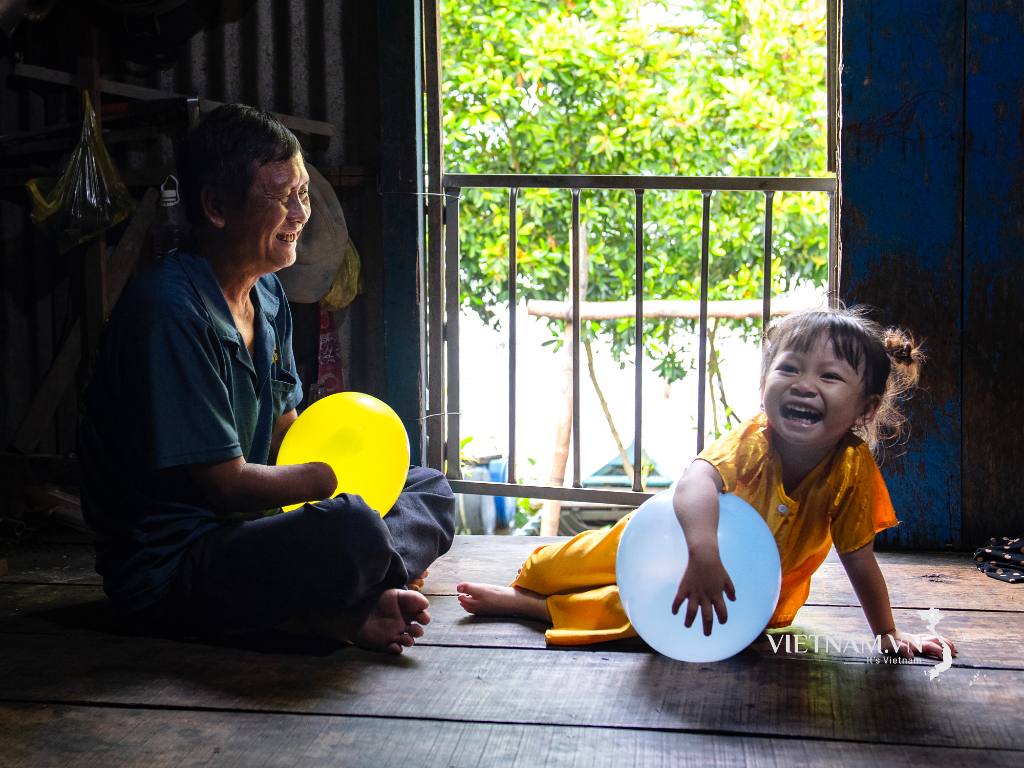
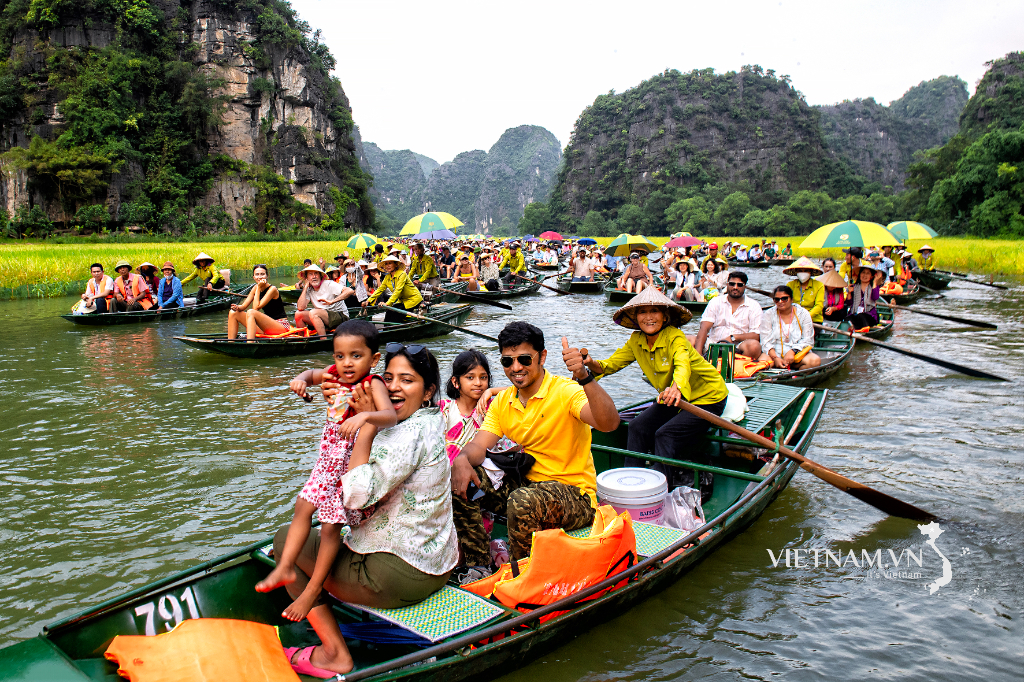
Comment (0)